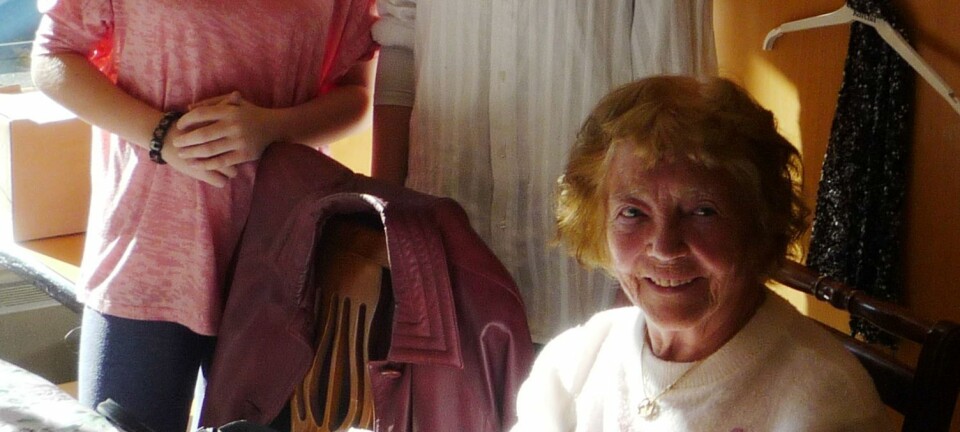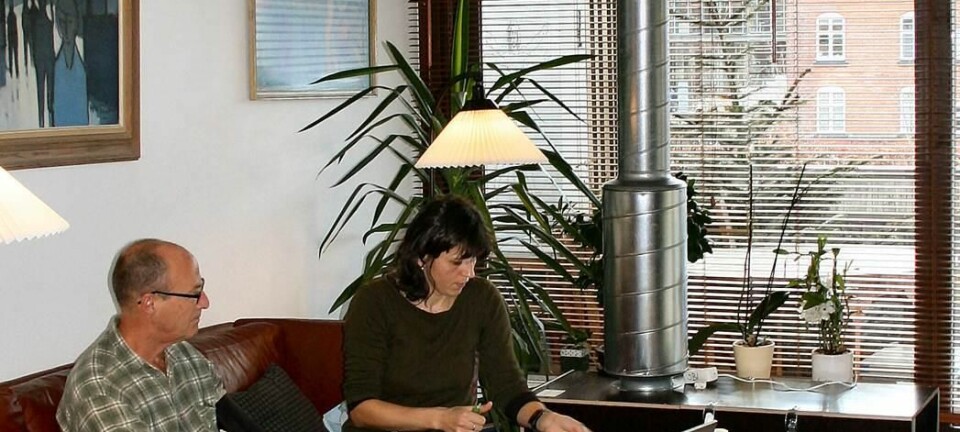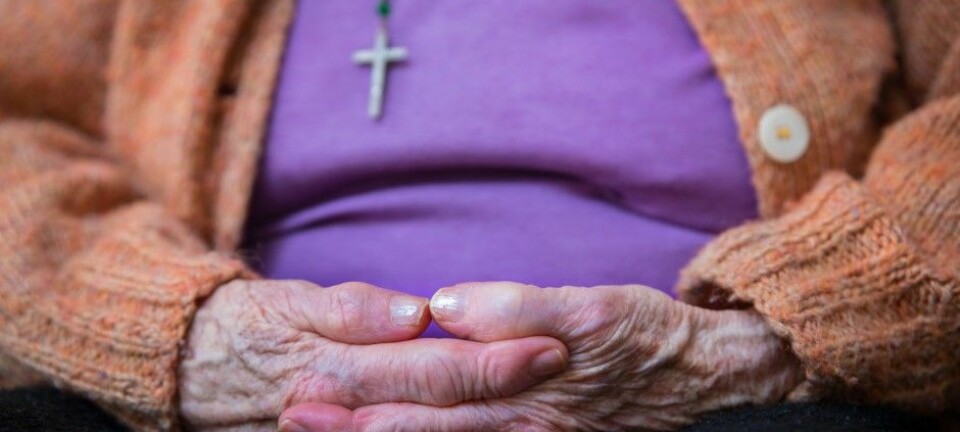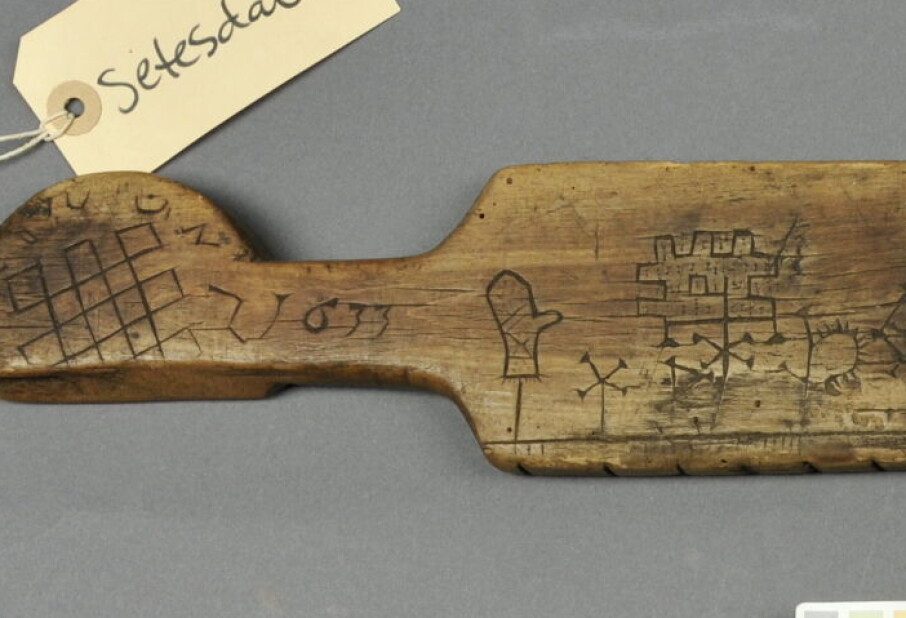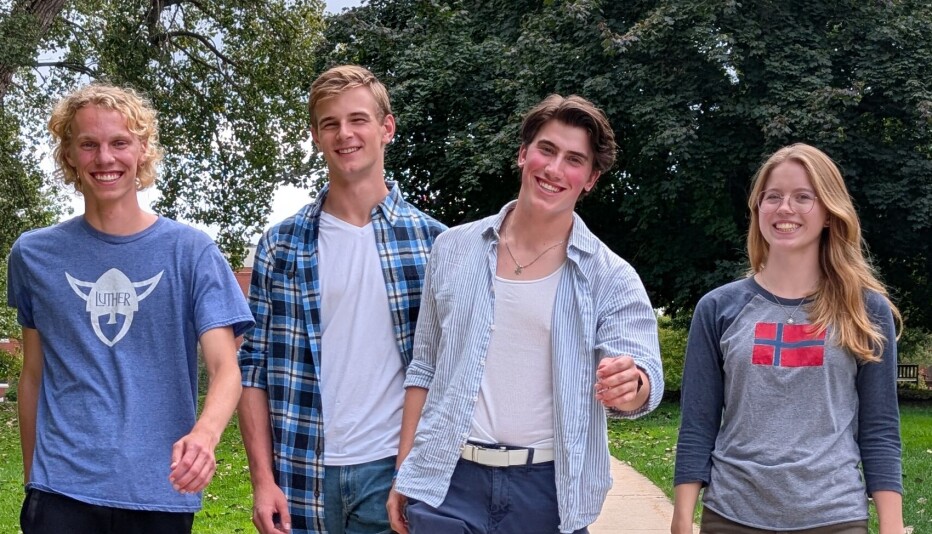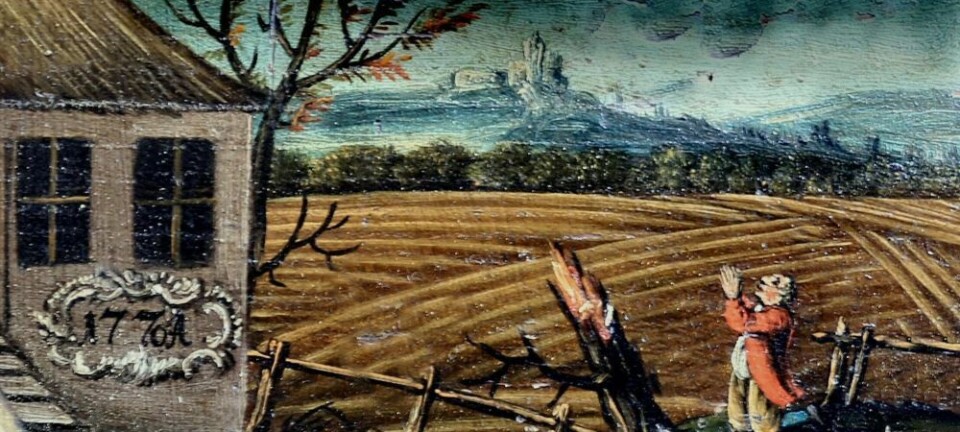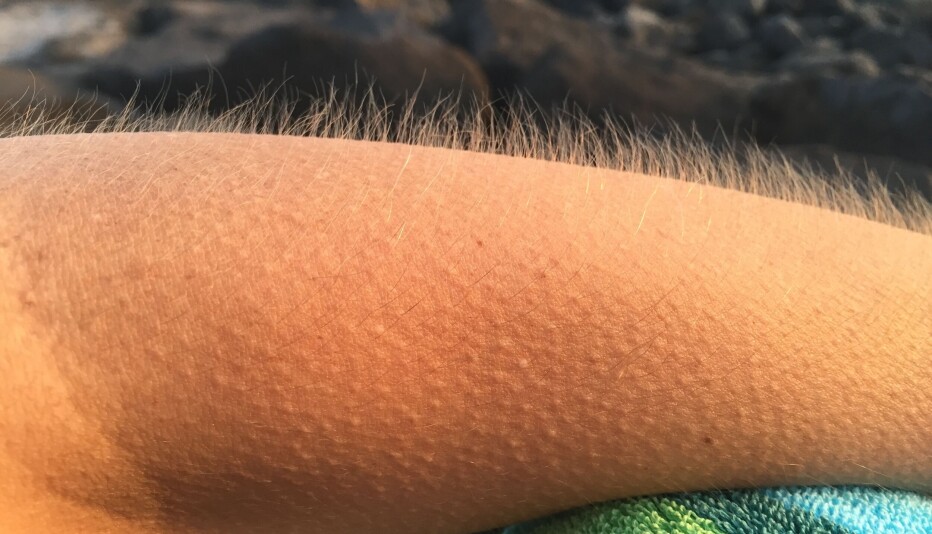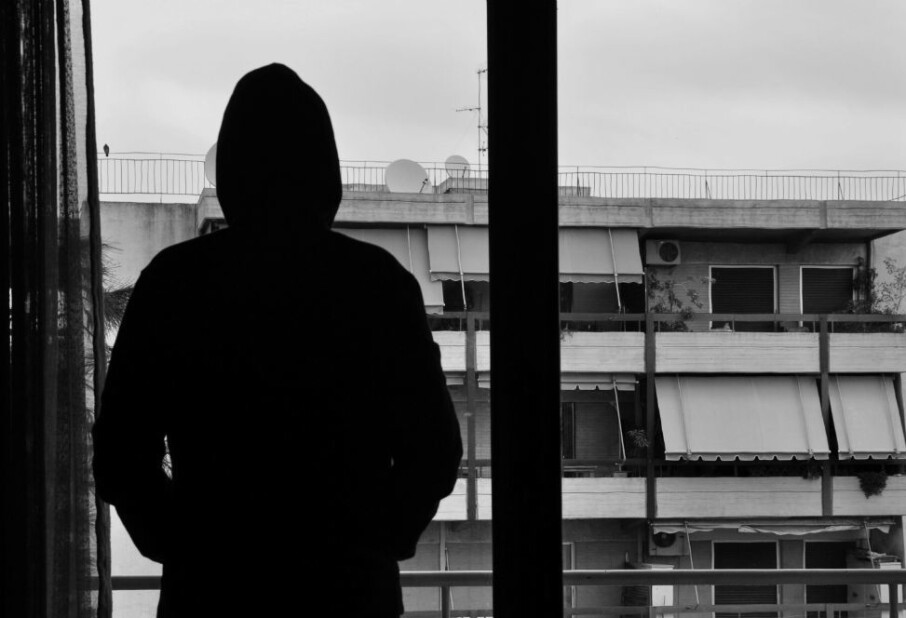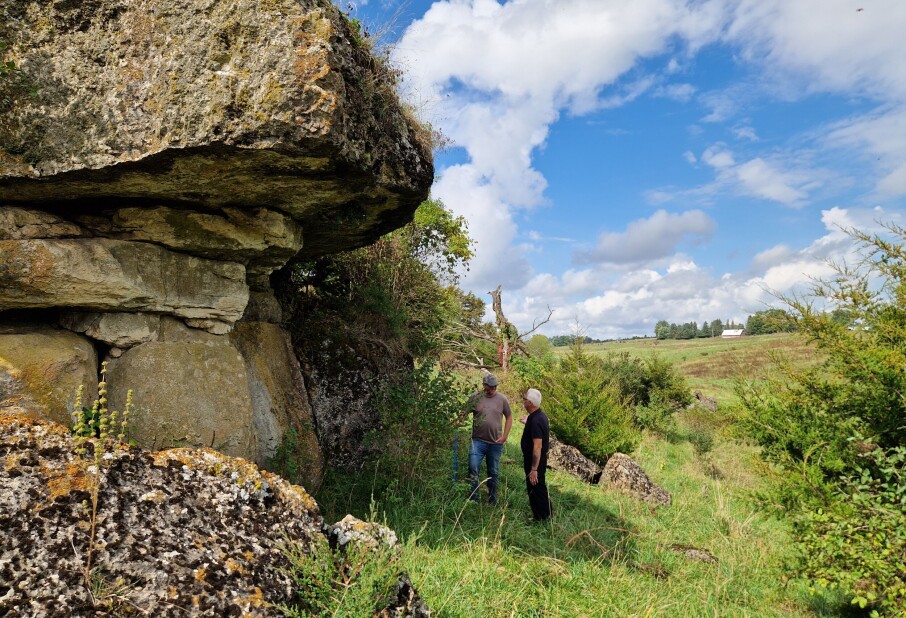
Combatting abuse of elderly requires collaborative solutions
Older people are being harassed and terrorized by their own children and grandchildren. Few people know about it and when they do, they seldom intervene.
Denne artikkelen er over ti år gammel og kan inneholde utdatert informasjon.
An elderly mother sits in her bedroom, not daring to go down to the living room where her son is staying. He was recently released from a drug rehab program and is aggressive and threatening.
Nobody knows exactly how many elders face this kind of abuse, but both police and Vern for eldre (Protection for seniors) helpline employees know that this is the reality for a good number of elderly people in Norway today.
No national reports on the problem exist, but smaller Norwegian studies and international research estimate that between four and six per cent of the population over 65 years old are exposed to violence and abuse.
Law enforcement dilemma
Geir Aas, a researcher at the Norwegian Police University College, believes that abuse of the elderly is a very interesting topic for police research. The phenomenon puts the professional ethics of the police to an extreme test.

Police are often the first to come in contact with seniors who are victims of violence, usually through tips. Older people are usually reluctant to report their children or grandchildren, yet the police are required to investigate all violence they come across.
Many victims are cowed into silence and do not dare to report the matter, because they are often dependent on the abuser, and vice versa.
Correct vs. right response
As a result, many times not much is done, Aas has found. His research is based on reviews of criminal registers and interviews. He tells a story of an officer who was visited by an older lady at the local police station.
“She came to inquire about her difficult, adult son. From the conversation, the police officer had already learned enough about the conditions in the woman’s home that as a police officer, she was obliged to pursue it as a criminal case. Upon hearing this, the woman broke down in tears, terrified, and begged the officer not to.”
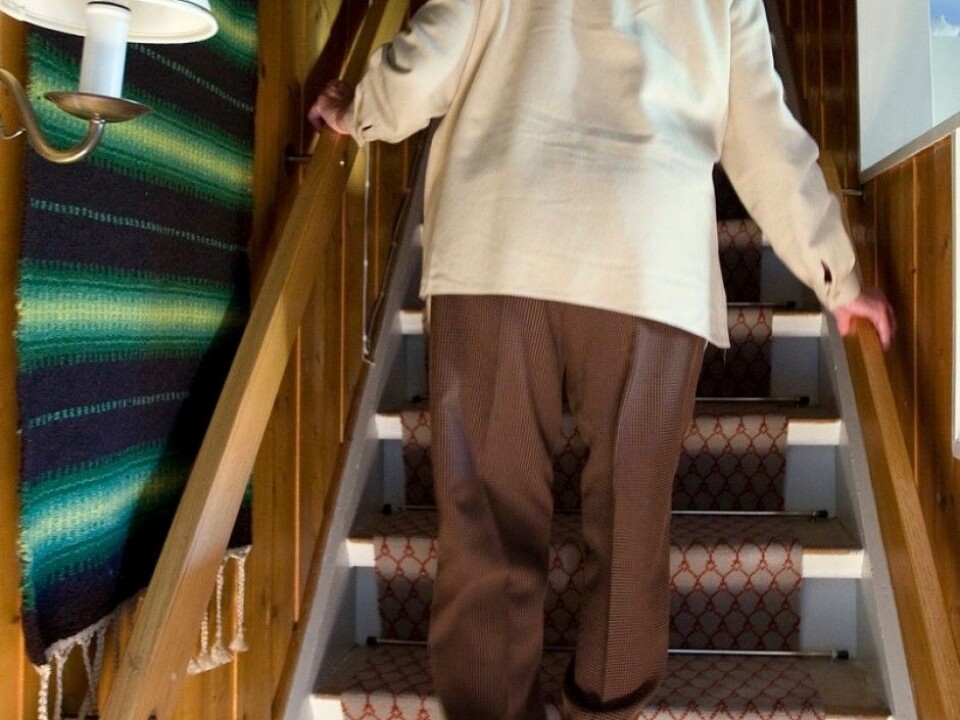
In this case, the officer decided instead to be an advisor for the woman and use her contact network to provide help to the victim. By doing this, she was on the one hand thinking and acting preventively, but at the same time she was breaking her professional service obligation.
By just listening and giving advice, the officer is also left with a serious responsibility. What happens if this woman is killed by her son?
“Here you have the biggest dilemma you can come across as a police officer,” Aas says.
Need to find collaborative solutions
Often police realize that they can solve situations much better if they do not follow a criminal track. However, they serve as police officers, not social workers.
Their role is to persuade the victim to give evidence, report the crime and testify in court. But with over 70 percent of all registered offenses of physical and emotional abuse leading to dismissal, “law enforcement must seek other solutions,” says Aas.
One such support service is Vern for eldre, a national Norwegian helpline. People over 62 years old who are exposed to domestic violence can call in to receive support, advice and guidance. The service also offers direct follow-up to those who live in Oslo.
The helpline receives about 300 inquiries from seniors every year. A typical situation is when adults who have a drug addiction, a mental illness or problems with housing or finances, move in with their aging parents.
Vern for eldre collaborates with seniors to find good support services and solutions in the area where they live. Often they also help put the abuser in touch with the right government agency.
Although women and child abuse have received considerable media attention and public debate in recent years, violence against the elderly has seen much less agenda time. Norwegian law enforcement has recently implemented SARA (Spousal Assault Risk Assessment), an instrument that formalizes preventive and support measures that police can use both with abuse victims and perpetrators.
The programme does not yet include parent and adult child relationships, but Aas thinks SARA is particularly suited to help seniors and should be expanded to include this part of domestic violence. “The elderly are perhaps in greatest need of these supports,” he says.
Taboo topic
A 2006 study by Hjelmedal and Juklestad showed that 70 per cent of Norwegian pensioners believed that neighbours should not report abuse of the elderly. The researchers also find that this kind of violence is almost totally absent in both police and health service records.
Gyri Scheie, who takes calls at Vern for eldre, has found that the elderly who contact them seldom think of themselves as abuse victims. Even when they are hit, kicked, or pressured to give money, they often feel ashamed, and think that the perpetrator is more of a victim they are, she says.
Vern for eldre employees believe more information needs to reach communities about what violence is and the consequences of living with violence. “We need public campaigns, stating what is acceptable and not, to raise awareness among seniors and the population as a whole,” says Scheie.
-------------------------------------
Read the Norwegian version of this article at forskning.no







